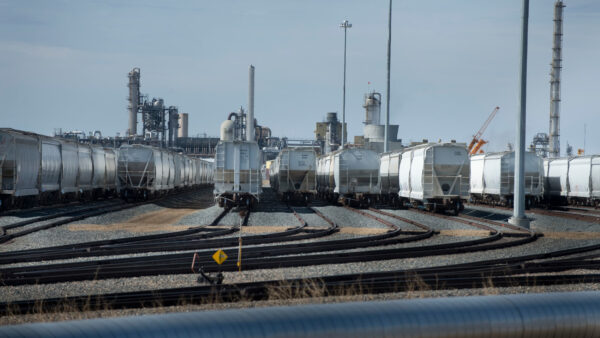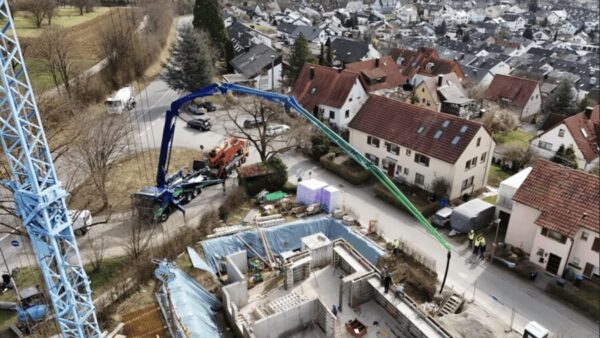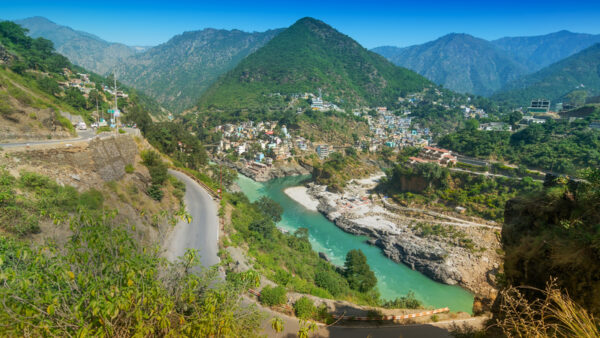Pakistan began its first metro service on Sunday when Lahore’s Orange Line began operating after a five-year construction period.
Funded and built by Chinese entities, the east-west line runs for 27km and has 26 stations, 24 of which are elevated.
Its 27 driverless trains are expected to transport some 250,000 people a day in air-conditioned wagons at an operating speed of up to 80km/h.
The final cost of the line was $2.2bn, compared with an original estimate of $1.6bn.
Work was delayed when heritage organisations brought legal action, arguing that the line would damage 26 historic sites.
An injunction halting work was granted by the Lahore High Court in 2016, which was lifted by Pakistan’s Supreme Court 22 months later.
Part of the many-billion-dollar China-Pakistan Economic Corridor (CPEC), the line was built by China State Railway Group and China North Industries Corporation.
It will be jointly operated by Guangzhou Metro Group, Norinco International, also of China, and Korea’s Daewoo Pakistan Express Bus Service.
China provided a soft loan for $1.6bn of the construction costs.
Usman Buzdar, chief minister for the Punjab, said at the opening ceremony that the provincial government was grateful to China for its “unprecedented support”.
Building the Orange Line created over 7,000 jobs for locals and 2,000 people will be employed in its operation.
Another two lines are planned for the metro: a 24km Blue Line running north to south and a 32km Purple Line to the Allama Iqbal International Airport, the largest in Pakistan.
Image: Around 25km of the Orange Line is elevated (Courtesy of the Pakistan government’s CPEC website)
Further reading:
Comments
Comments are closed.











Interesting transition in the joint between the apparently straight deck section and the curved deck section. Can but hope the unseen structural connections work for the dynamic loads…